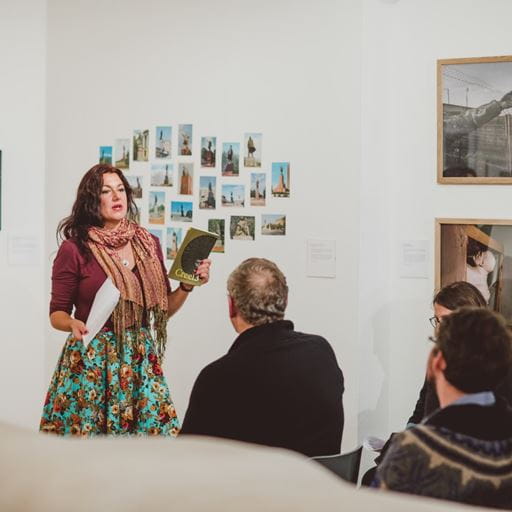The CUK perspective
Through the methods of community organising, Citizens UK enable local leaders to develop their voice and come together with the power and strategy to make real change. The Democracy in Action module enables members from across the local Colchester Citizens alliance to build deeper relationships, hear concerns and take action resulting in real change.
The five steps of organising are taught and experienced through students visiting other member institutions and learning in their contexts. This enables people who might not usually cross paths to meet and listen to each other. Relational power is core to organising for change and this module brought several of our member institutions into a significantly deeper understanding of each other which continues to enable more effective collaboration.
Learning is experiential and through listening, students identified specific, actionable issues that concerned them and other members. They discern who had the power to change those situations and planned how to build a relationship with those decision-makers in order to negotiate their asks. Because of this the module not only taught theory, but also results in tangible change, such as improved lighting at Greenstead roundabout which benefits the entire resident student population who walk from the campus to Tesco and the thousands of residents of Greenstead who shop or work there.
By putting these community organising principles into practise, students learn skills that not only leave a legacy in Colchester but build their confidence and skills to address issues of social justice wherever they live and work in the world.
The University of Essex is a strategic and founding partner of Colchester Citizens and the wider Citizens Essex Chapter and the delivery of this module showed the increasing potential the university has in being a force for good across Essex, for both students and residents.
Juliet Kilpin (Citizens Essex and Colchester Citizens)




